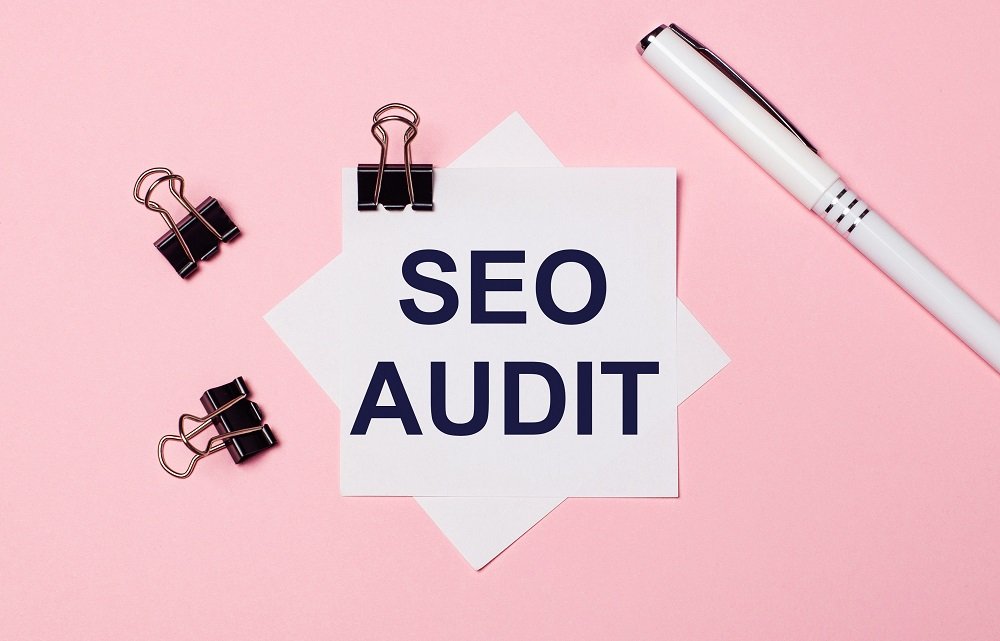In this digital age and technologically advanced world, people rely on search engines to look for information, as well as products or services they need. Thus, any business knows that to thrive in a modern world, they need to build an online presence to reach potential customers.
In order to establish a strong online presence, most companies invest in an SEO strategy. But even if you have mastery or extensive knowledge of various SEO tactics, you’ll be moving ahead aimlessly without regular SEO audits.
By implementing an SEO audit, you’ll get to obtain essential data that you can use to improve your business’ presence on search results. This kind of audit also allows you to determine and address any flaws and problems that are getting in the way of your website’s performance.
With a lot of moving parts, you’re probably wondering how you should begin your audit. Read on to learn about critical elements that you should analyze during an audit.
1. Website Speed
How fast your website loads is a significant SEO element you need to take into account of. In fact, web speed is a key factor that Google looks into when determining search rankings. Recently, Google rolled out a new update that prioritized speed further.
This is something that’s usually tied to user experience. If the page takes a long time to load, many users are bound to give up waiting. As a result, your bounce rate increases, and your search rankings drop.
Various tools can be used to test the loading speed of your website. Though different factors influence your website speed, it’s worth investing the effort and time to improve load times and ensure that your web pages load quickly. Ideally, your website should load within two to three seconds.
2. Title Tags
In terms of SEO, title tags play a key role in drawing in your target audience. Their purpose is to let search engines know what your pages are all about. When someone searches online, the clickable link in the search results comes from the title tag you’ve set for that page.
Since it’s the first signal to search engines, you’ll want to do SEO title tag testing. The title tag needs to introduce the topic of the page and should be less than 60 characters, so it can be fully displayed in search results.
Additionally, make sure to include the main keyword that the page is meant to rank for. Never use the same title tag across several pages, especially for location pages.
Hence, you need to optimize for local SEO. For instance, if your business has several branches in a city, include the name of the city. This way, the webpage will appear in local searches.
3. Mobile-Friendliness
Mobile SEO has never been more important than now. This is because over 70% of online searches come from mobile devices, like smartphones or tablets. Not only that, but Google has also implemented a Mobile-First Algorithm, which means that it now uses the mobile version of your site for both desktop and mobile searches.
Thus, you’ll have to test your website’s mobile friendliness. You need to assess the compatibility and responsiveness of your website with any potential mobile device screens that your user might use. Aside from compatibility and responsiveness, you need to check your site’s scroll ability to guarantee convenient browsing for users.
4. Duplicate Metadata
Duplicate metadata is a common SEO issue for most large websites and e-commerce stores with hundreds or thousands of pages. A lot of sites have duplicate metadata, and many of them have missing metadata altogether.
Duplicate metadata happens when similar pages or products simply have content copied into the meta description field. A detailed SEO audit will alert you of meta description issues.
Other than eliminating duplicate meta descriptions, you need to optimize them to ensure that they have the correct length. Recent changes have increased the character count from 160 to 320 for meta descriptions. So, you have enough space to add keywords, location, product specs, and other major information.
While it’s not a major ranking factor, going over your meta descriptions will help improve your click-through rate in search results.

5. HTTPS Status Codes
Switching to HTTPS is necessary to allow search engines and people to have access to your website. There are claims that HTTPS is now a strong ranking factor that impacts your website’s rankings.
After you make the switch to HTTPS, check for other status code errors. Your website crawl report will give you a list of URL errors. Or you can obtain a list from Google Search Console. Always fix errors as soon as they arise and keep your Google Search Console error list empty.
Lastly, see to it that you have the correct SSL certificate. You can use numerous auditing tools to get a report on your site’s SSL certificate.
6. Website Architecture
When doing an SEO audit, don’t forget to check your site’s architecture. A significant SEO factor, the architecture is simply how pages on your sites are organized.
This is because site architecture helps search engines find and index your pages. If you have a messy architecture, search engine crawlers will have trouble finding your pages.
However, with an organized site architecture that links your pages together, Google can easily index your entire site. Furthermore, a good site architecture helps Google find the most important pages on your website.
As you add more pages and content to your website, your site architecture expands. Therefore, you should always check this element and ensure that it stays organized.
7. Backlinks
Backlinks are an essential element you need to check too so that you can improve the search engine rankings of your website. But not all backlinks are created equal. If you want to rank higher, you need backlinks from reliable sources. Low-quality backlinks can ruin your SEO.
So, make sure to check all incoming links when you conduct your regular SEO audit. In case you happen to find a backlink from a spammy or low-quality website, reject the link. Once you remove the link, Google won’t factor it in when they evaluate your website’s search results.
Takeaway
If you have an effective SEO campaign in place but don’t do an SEO audit regularly, you’ll miss out on crucial metrics and opportunities for your SEO strategy. This is why conducting an SEO audit is vital. An audit that focuses on the above-mentioned elements will help you identify and resolve issues concerning your strategies, increase visibility, and boost traffic.

![You are currently viewing [Testing Guide] 7 Critical Elements To Check SEO](https://wuschools.com/wp-content/uploads/2022/06/Critical-Elements-To-Check-SEO.jpg)


